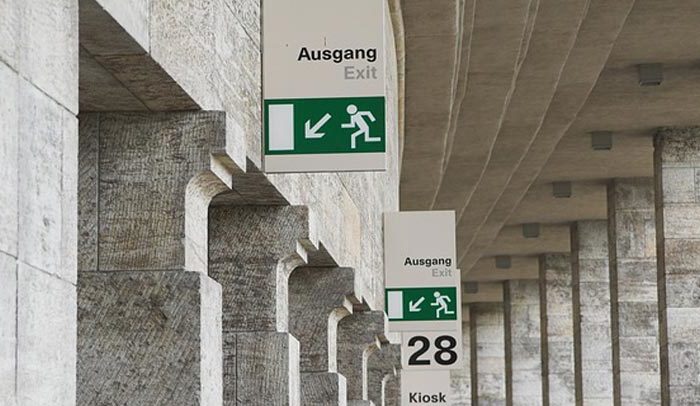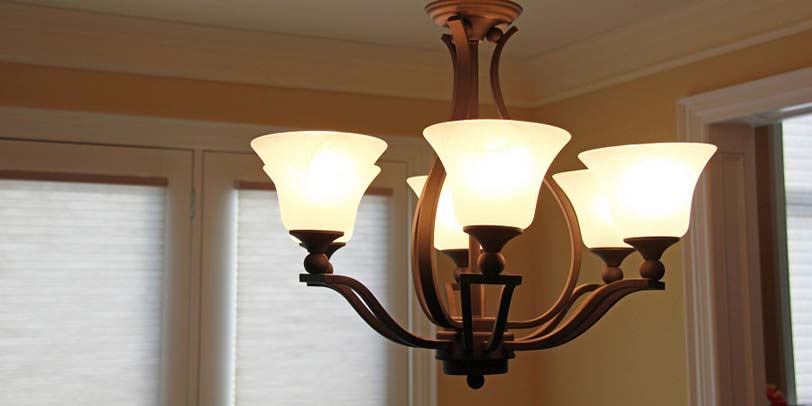It is the dream of many Australians to live in Bali or to go a step further and run a business there too, such as renting out Bali villas to tourists. Whilst both of these ambitions are possible, they are also both subject to Indonesian laws regarding property and business ownership. To this end, if you are thinking about living or running a business in Bali, seeking local legal expertise is a must.
Much of that advice will understandably focus on Indonesian property laws as that is the laws that would be in play if you were considering property ownership in Bali. Let us highlight one huge and obvious hurdle and that is that as it stands, Indonesian law prevents foreigners from owning the freehold on property in Bali. As such, when you see or hear discussions about ‘owning’ Bali villas, there will be several caveats to that.
So, owning the freehold if you are not an Indonesian citizen is not possible under current laws, and so the question is, “What can you do?”. One option some entrepreneurs try is to use a nominee. A nominee is an Indonesian citizen into whose name the title for the freehold of the property is given. This is a highly risky procedure and there have been some investors who have seen that investment disappear either through nefarious activity by the nominee or a legal wrangle.




